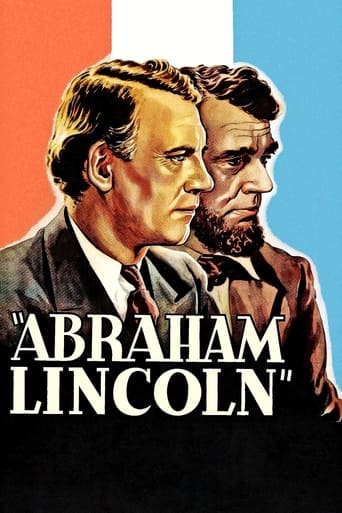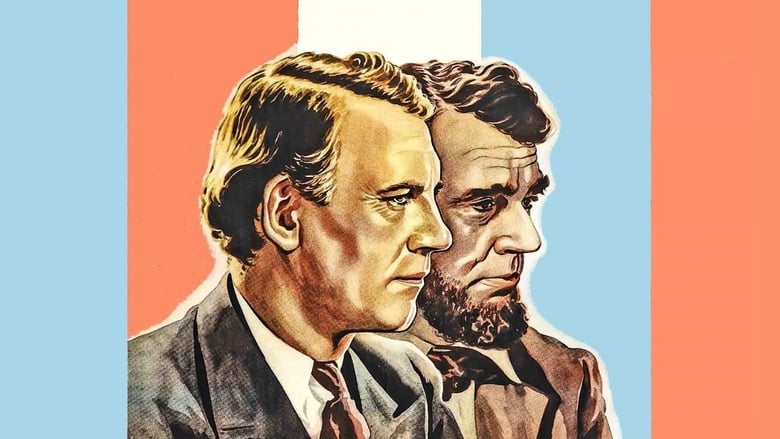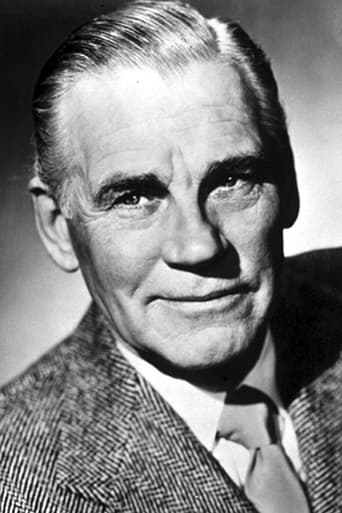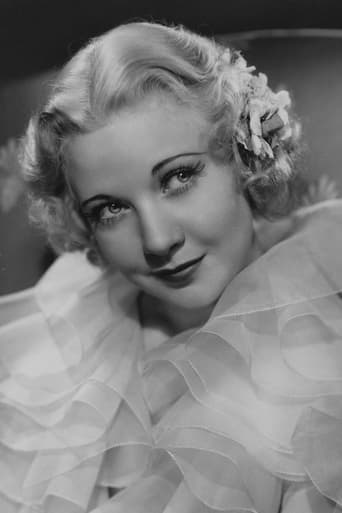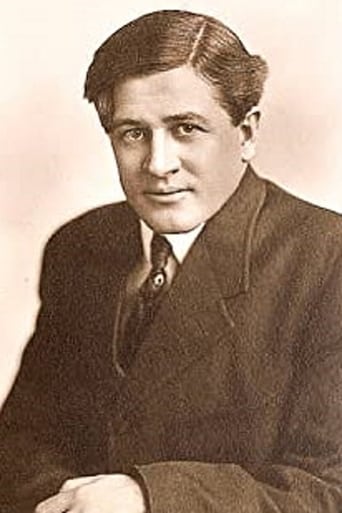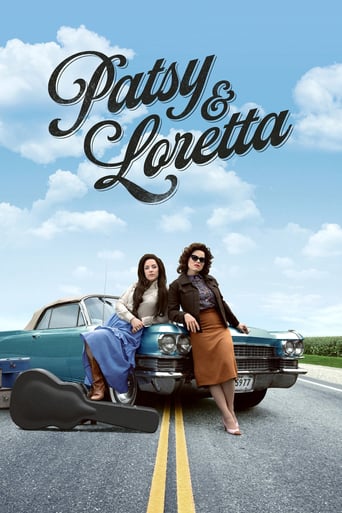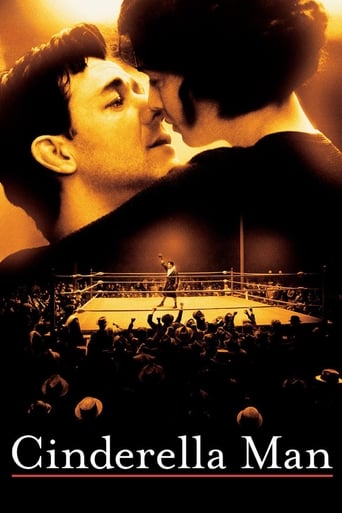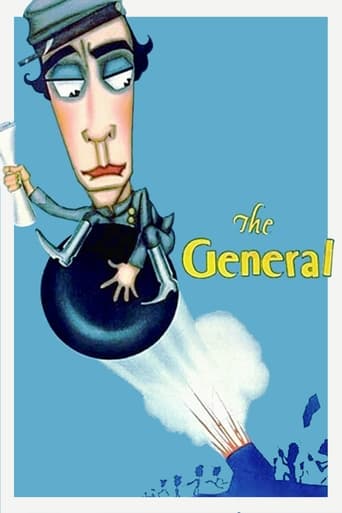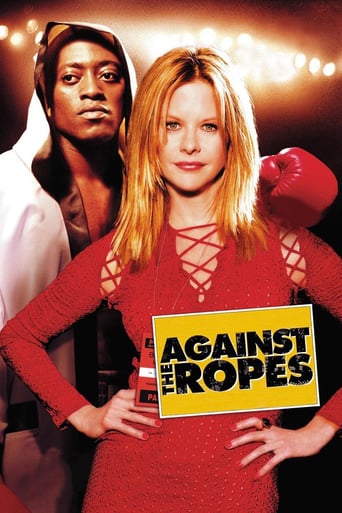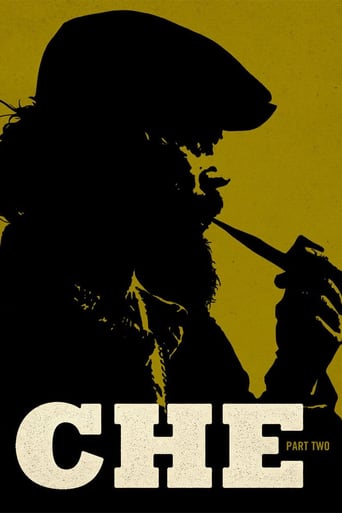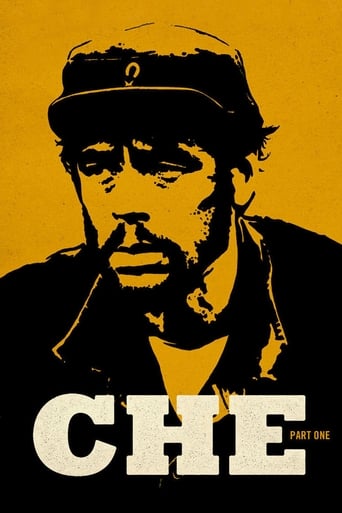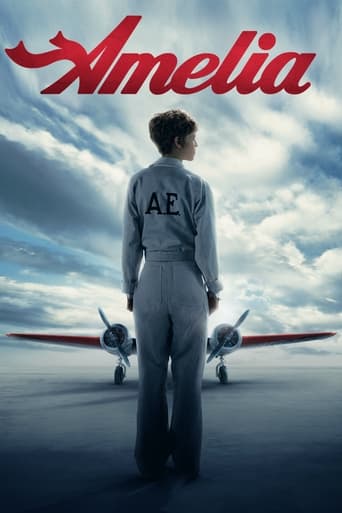Abraham Lincoln (1930)
A biopic dramatizing Abraham Lincoln's life through a series of vignettes depicting its defining chapters: his romance with Ann Rutledge; his early years as a country lawyer; his marriage to Mary Todd; his debates with Stephen A. Douglas; the election of 1860; his presidency during the Civil War; and his assassination in Ford’s Theater in 1865.
Watch Trailer
Cast


Similar titles
Reviews
Abraham Lincoln is a 1930 film based on the life of the sixteenth president of the United States of America. The story follows Lincoln from his birth, through adulthood, and into the hardships of his presidency. The film is a dramatized version of Lincoln's biography, and essentially goes through every important event in Lincoln's life.One of the best parts of the film is the uncanny resemblance between the lead actor and Abraham Lincoln. This doppelganger effect helps the actor achieve a very convincing Lincoln. Some of the humor in the film still holds up and you'll get some laughs from the dialogue. It is also nice to see such a friendly political debate between Abraham Lincoln and Stephen Douglas. The point versus point format of the debate in the film appears more realistic and civil than what we have in reality.Unfortunately, there is much about the film that can be criticized. There are spots of bad acting throughout, such as the "I'm angry" folding of the arms and pouting bottom lip routine. There are awkward camera stares by the characters that are meant to accentuate their points, but instead are confusing and do anything but accentuate. Lincoln said three times that he wanted to preserve the Union, and then looks directly at the camera and practically yells it. Is he talking to me or is there a character directly behind the camera he is speaking to? There are corny, melodramatic moments, especially between Lincoln and his first wife. The movie moves from one event to the next at a break-neck speed, never allowing the story or characters to develop. His ascension to presidency is clumsily foreshadowed in his early years repeatedly. Far too often. Not to mention the fact that Lincoln's wife, Mary Todd, is completely insufferable.The cynicism of the Mary Todd character is not based on any historical inaccuracies, it is the fact that we are shown her vapid and selfish personality and it is never addressed or resolved. We know that she was pursuing Lincoln before she met him due to his potential wealth and power. But why does Lincoln like her? For that matter, why does Lincoln have the political feelings that he is so adamant about? The film never addresses the conflicts and thoughts of the characters. Of course, we can learn what has happened in history ourselves, but the movie itself does nothing in this regard, and honestly should have been the basis of the story. The audience knows the historical chronological events, but when the "why" of the matter is dropped, the film loses all feeling and meaning. Instead of developing the character of Lincoln, we are given a checklist of important events, which are then dramatized.I do not recommend this film to anyone. If you want to explore the personality and life of Abraham Lincoln, you're not going to get it here. If you want a civil war movie, you're not going to get that either. If your intent is to delve into the slavery debate at the time, that doesn't exist in this film. Perhaps you're simply interested in Lincoln's personal life and his familial relationships. You won't get that either. I hate to say it, but this is definitely one of the worst Abraham Lincoln films.
A fair amount of footage and sound has apparently been lost, and I felt cheated after watching the film in its most restored state. The most glaring omission is that there was nothing about Gettysburg or probably the most famous speech that any president has ever made, especially with regards that the address was only two minutes long.Another bone of contention was that any African Americans in any semblance of prominence were actually actors with black face. While understanding it was a thing to do in that era, the scenes still left me shaking my head. There were nice moments, including Robert E. Lee in his tent. But enough drab moments suggest to me that D.W. Griffith's heart wasn't truly in the production of his film.
It seems incredible the leaps and bounds that were made in less than ten years of cinema back some 90 years ago. D W Griffith's portrait of the great, noble pioneer in U.S politics has all the standard techniques and flourishes that now seem to have become the norm. Walter Houston looks to be perfectly cast as 'Abe' - towering and dominant without being domineering and having that air of quiet authority. That he was humanitarian and resisted conflict whenever able to. It was nice also to have wife Mary's domestic quibbles thrown in, making this an interesting character study rather than a stiff history lesson.As for history, no, I didn't learn a great deal, but didn't expect to. I wanted more to see how one of the great pioneering film directors portrayed another Great Man. The wonderfully produced epitaph in the final seconds showed testament to the power of them both.Yes, the film's sound is hissy and pretty scratchy (I viewed it on-line at Internet Archive) but compared to most movies, certainly of that era and posted on that site, I found it surprisingly enjoyable and effortless.
If Griffith had stuck to Lincoln's personal life, this could have been an interesting, amusing, and occasionally insightful film. Griffith gives us a multi-layered and largely accurate portrait of Lincoln the man. We see the ungainly country lawyer, countrified in speech and manner, often serious, even melancholy, but with a rare ability to find humor in the most unlikely places and to laugh even at himself. We see Lincoln the inveterate story-teller, the insomniac, the doting father, the determined commander-in-chief the patient husband. If this had been the whole of the film, it would have been easy to overlook its painfully outdated style and to forgive its frequent omissions and exaggerations as poetic license.Unfortunately, the film necessarily includes Lincoln's political life, and here it moves from poetic license to outright falsehood. Slavery was the central issue of Lincoln's political career, a fact that Griffith tries to obscure, going so far as to turn Lincoln's pivotal 'House Divided' speech into an argument against secession. This is particularly ironic since it was really Lincoln's battle cry against encroaching slavery. When South Carolinians seceded two years later, this was the speech they pointed to as proof that when Lincoln took office, "the slaveholding States will no longer have the power of self-government ... and the Federal Government will have become their enemy." During Lincoln's presidency, the question of slavery occupied much of his time and attention, yet again Griffith chooses to ignore it. His Lincoln spends more time admiring the courage of Confederate soldiers than worrying about slavery. Even the Emancipation Proclamation gets only the briefest attention. Lincoln reads a line from the document, signs it, and says, "Well, gentlemen, it is done." It's oddly dismissive, coming from a man who considered emancipation the central act of his presidency and the most meaningful act of his life.Denied his opposition to slavery and concomitant commitment to democracy and the inalienable rights of man, Lincoln is reduced to endlessly repeating, "The Union must be preserved." Why it must be preserved is left to the audience's imagination. The film never gives us the slightest clue.

